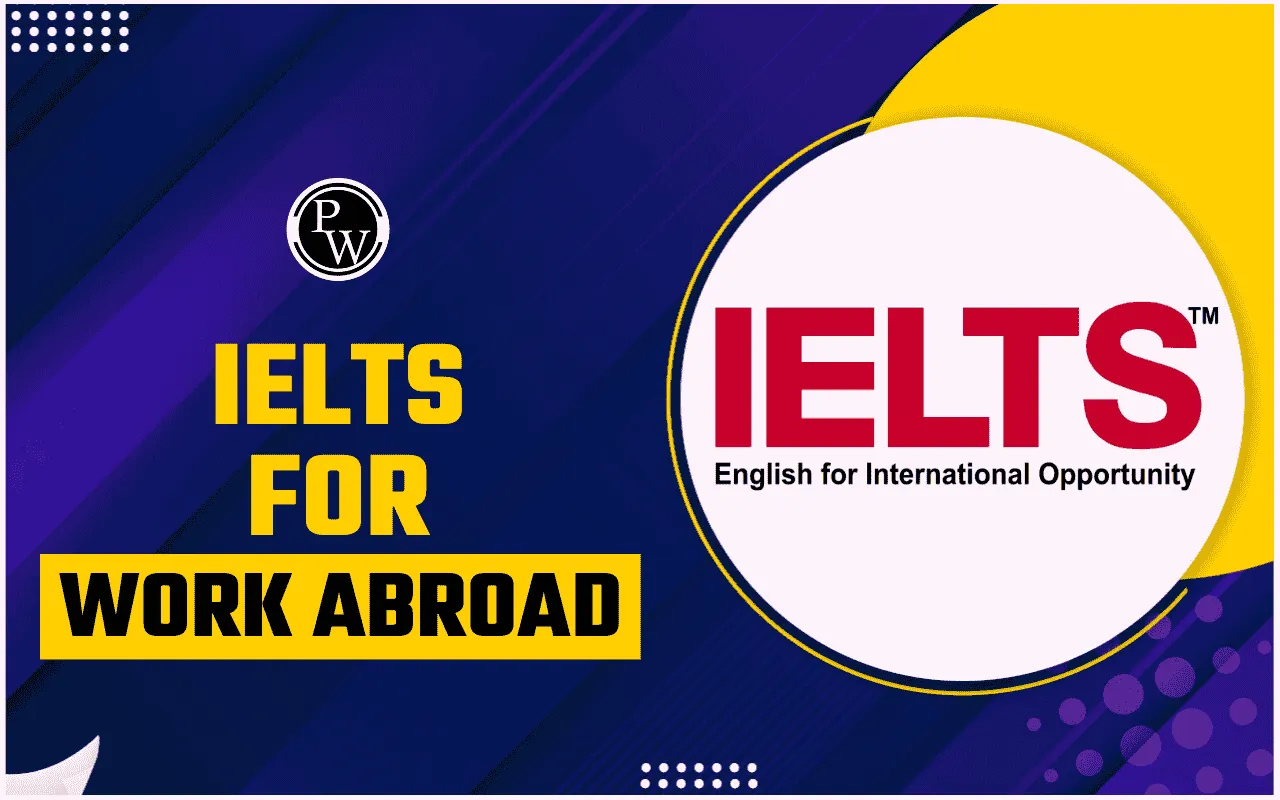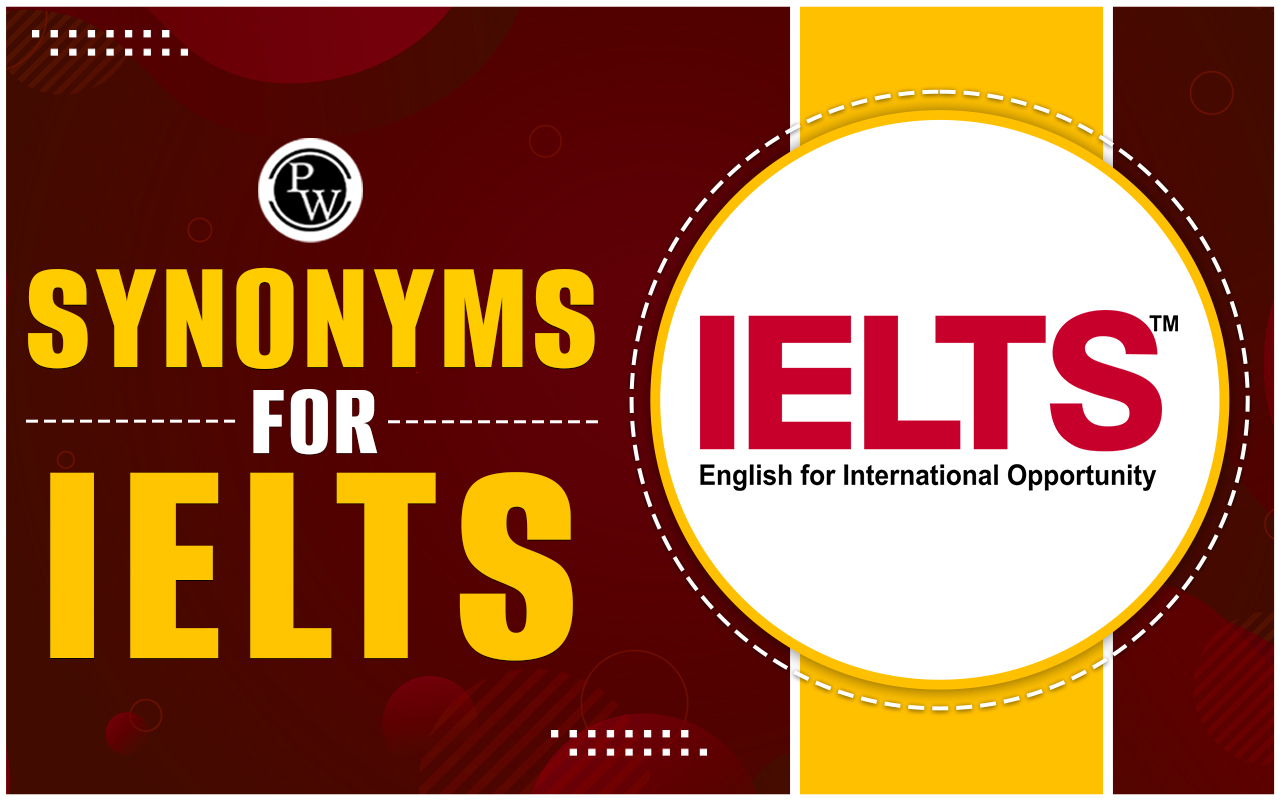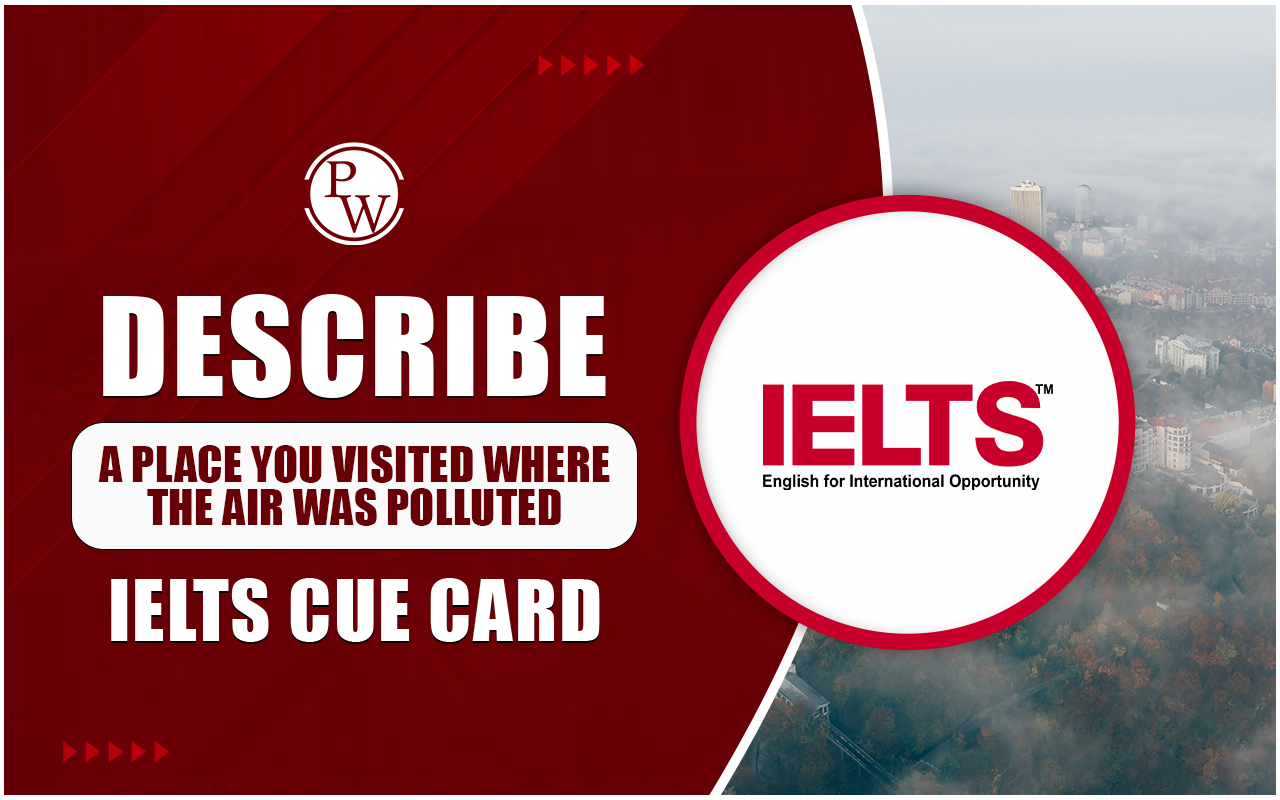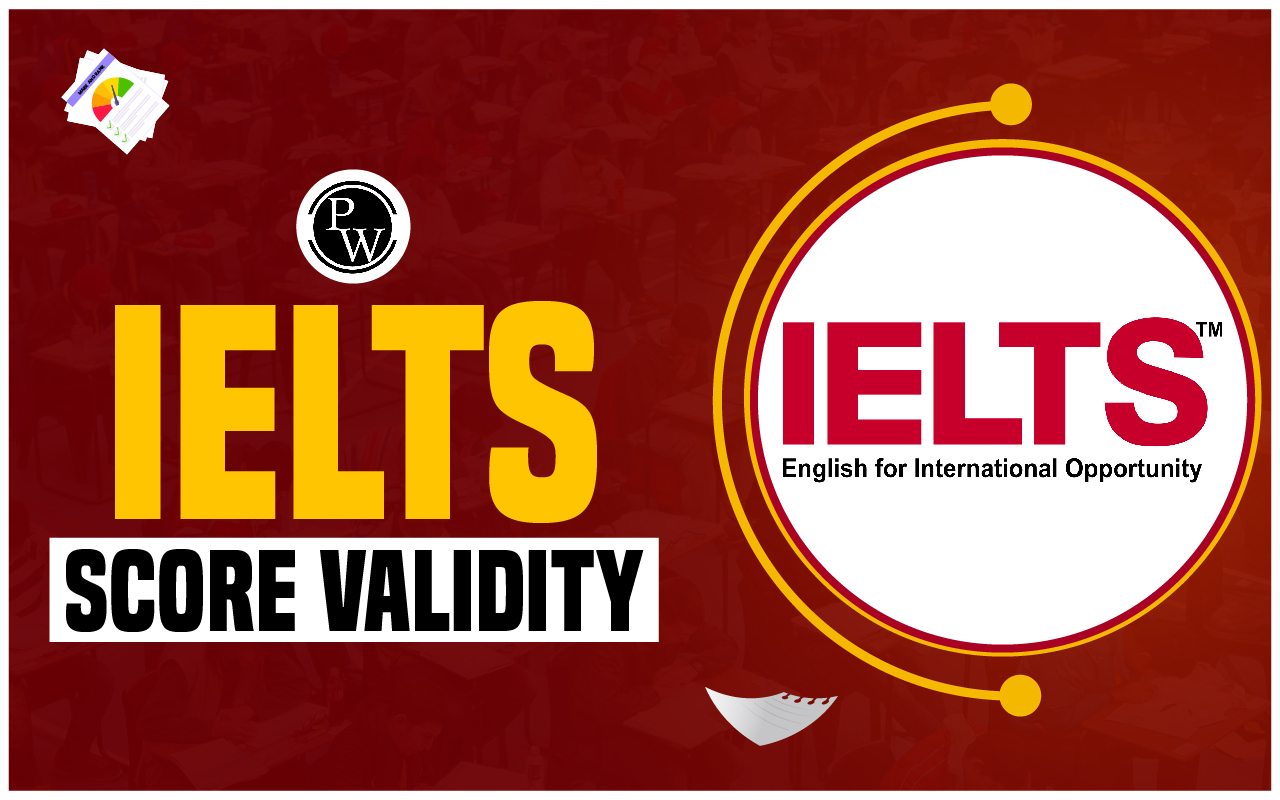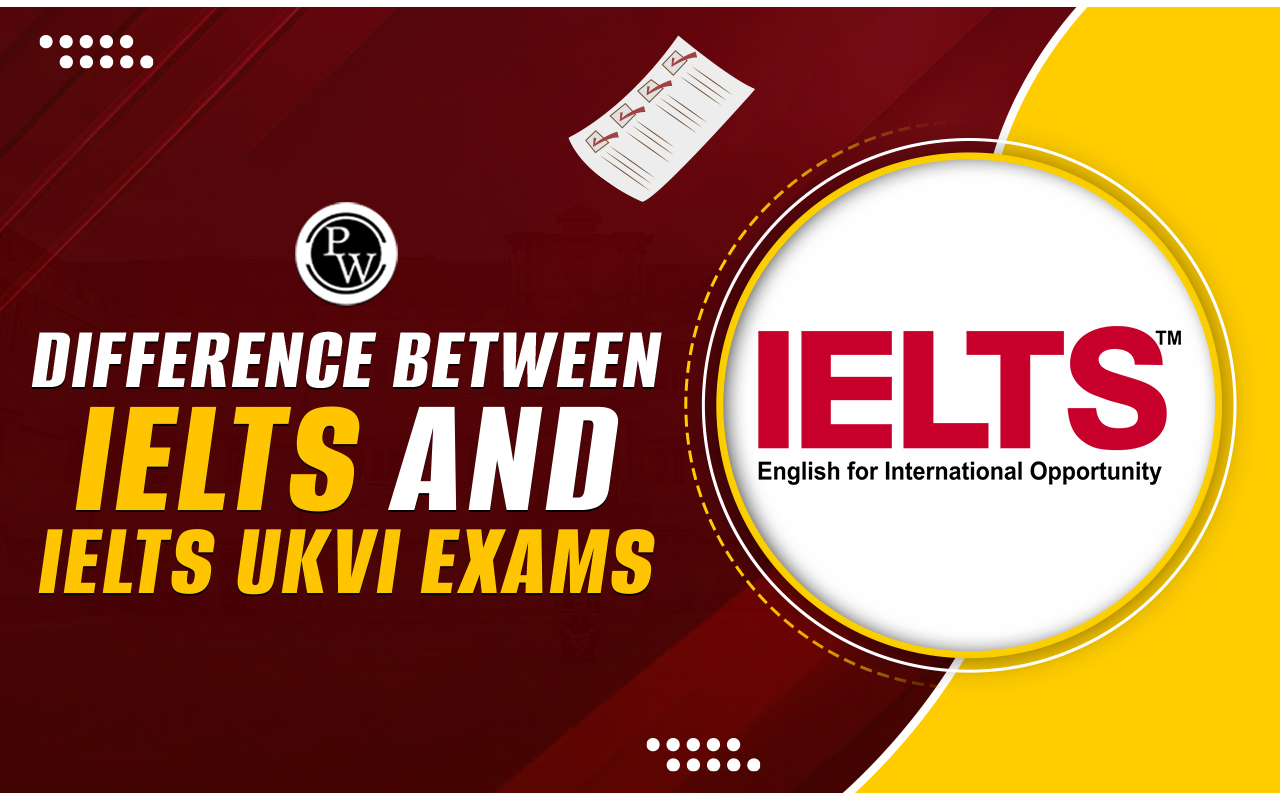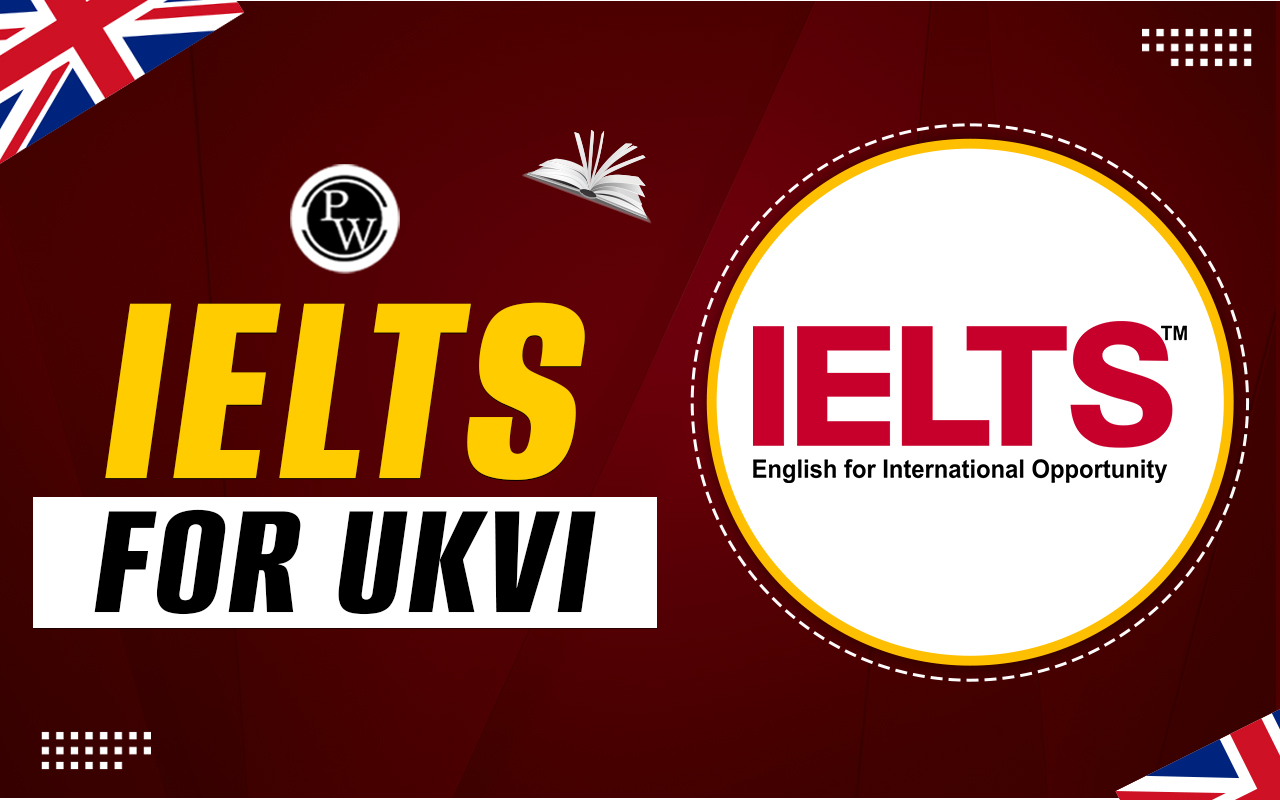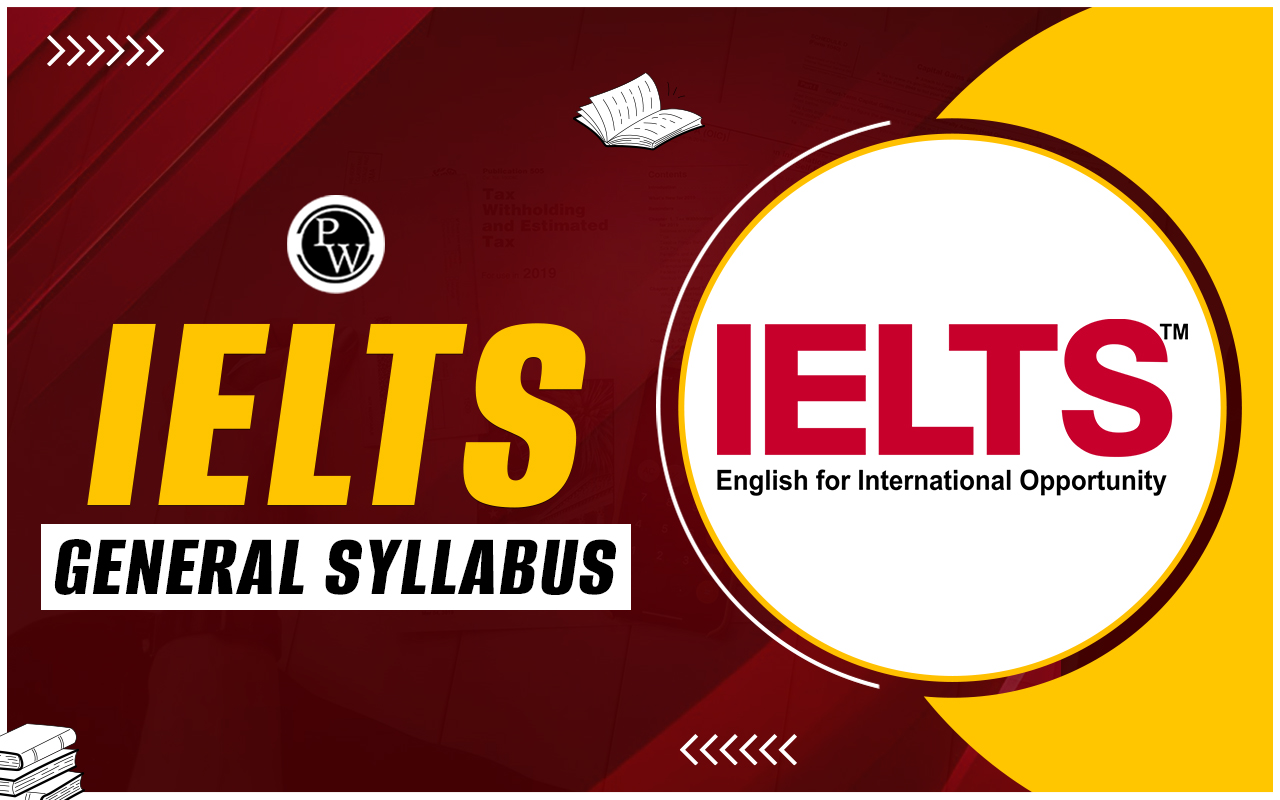
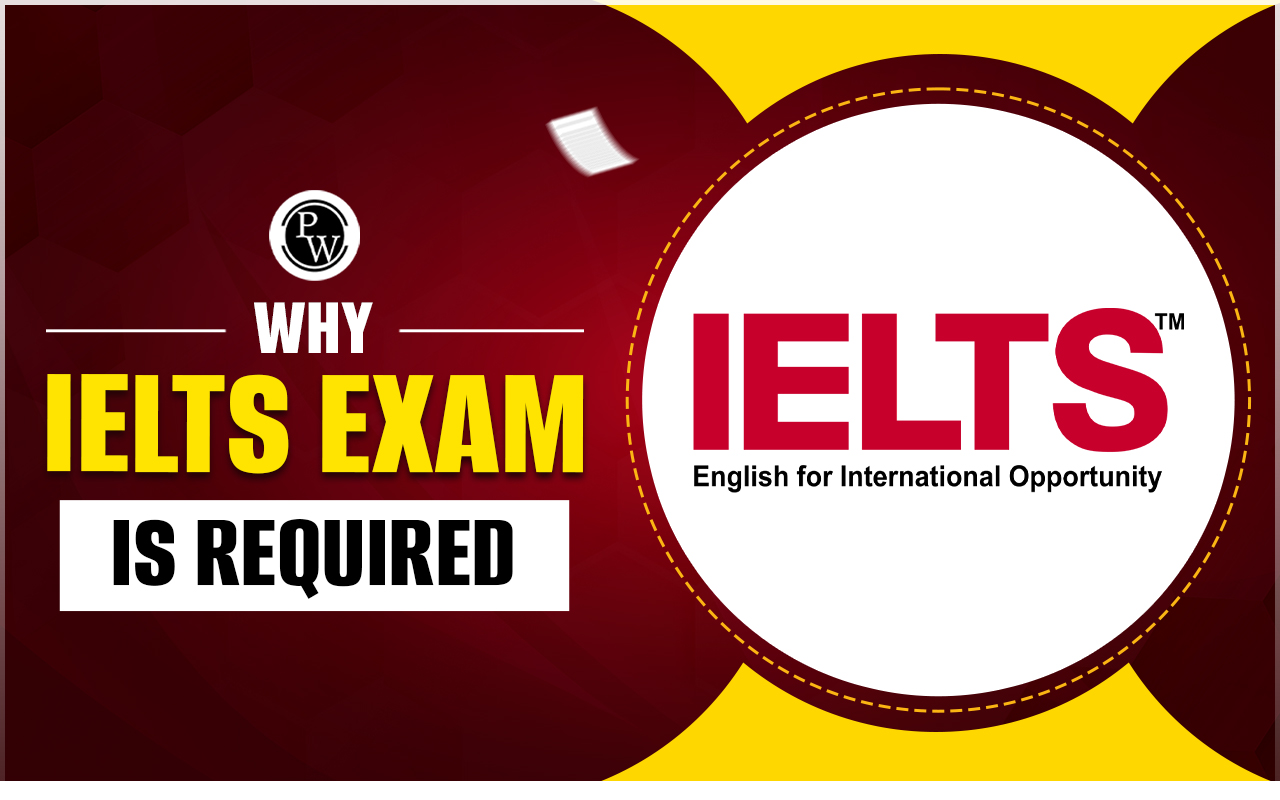
Why IELTS Exam Is Required? The International English Language Testing System (IELTS) is one of the most recognized and widely accepted English proficiency tests globally. For anyone who dreams of studying, working, or migrating to an English-speaking country, the IELTS exam is often a mandatory step in the process.
It not only measures your ability to communicate in English but also plays a crucial role in ensuring that you can integrate successfully into the environment of your destination. In this detailed article, we will explore why the IELTS exam is required, its specific requirements, band score implications, exam pattern, and essential guidelines to follow on the exam day.Read:- IELTS Speaking Part 1
Why IELTS Exam is Required?
The IELTS exam serves as a standardized test to evaluate the English language proficiency of non-native speakers. Its importance can be broken down into several key areas:- Higher Education : Most universities and colleges in English-speaking countries require an IELTS score as part of their admission process. This requirement is particularly stringent for courses that demand high levels of reading, writing, and speaking proficiency, such as law, medicine, and literature. A good IELTS score indicates that you can follow lectures, engage in discussions, and complete assignments without language barriers. For example, the majority of institutions in the UK, Australia, and Canada set specific IELTS score requirements that vary by course and level of study.
- Immigration : Countries like Canada, Australia, New Zealand, and the UK have made the IELTS exam a critical part of their immigration processes. The exam ensures that immigrants have the necessary language skills to interact effectively in social and work environments. For instance, Canada uses the IELTS as part of its Express Entry program, where language proficiency can significantly impact your Comprehensive Ranking System (CRS) score, thus affecting your chances of receiving an invitation to apply for permanent residency.
- Employment : Employers in English-speaking countries often require an IELTS score to verify an applicant’s English proficiency, especially in sectors where communication is key. Professions in healthcare, engineering, law, and education typically have stringent language requirements, and a minimum IELTS score is often necessary for job applications or professional registration. This ensures that the employees can understand instructions, communicate with colleagues, and interact with clients effectively.
- Professional Registration : For many professional bodies, particularly in fields like medicine, law, and engineering, an IELTS score is required for certification and licensing. This requirement is in place to ensure that professionals from non-English-speaking countries can meet the language demands of their profession. For instance, doctors and nurses must demonstrate a high level of English proficiency to ensure they can communicate effectively with patients and colleagues, follow medical guidelines, and provide quality care.
- Visa Applications : Beyond immigration, many visa categories, including work visas, student visas, and partner visas, require an IELTS score. For instance, to obtain a student visa for Australia, applicants need to provide evidence of their English language proficiency, often through an IELTS score, which helps demonstrate that they can successfully undertake their studies in an English-speaking environment.
Read:- IELTS Speaking Mistakes
IELTS Requirement
The specific IELTS requirements vary depending on the purpose of the test—whether it is for academic study, general training, or immigration—and the organization or institution requesting the score. Below are some common IELTS requirements:| Purpose | Required IELTS Band Score |
|---|---|
| University Admission | 6.0 - 7.5 (varies by institution) |
| Immigration (Canada, Australia, UK) | 6.0 - 7.0 |
| Professional Registration | 6.5 - 7.5 (varies by profession) |
| Employment | 6.0 - 7.0 |
Read:- IELTS Speaking Part 1 Tips
IELTS Requirements for Academic Purposes
For students, the IELTS Academic test is typically required. Universities may set different band score requirements for undergraduate and postgraduate courses. For example, while a course in humanities might require an overall band score of 6.5, a more demanding course such as medicine might require a 7.5 or higher. Some universities may also require a minimum score in each section (Listening, Reading, Writing, and Speaking) to ensure balanced language skills.Read:- IELTS Speaking Band Score
IELTS Requirements for Immigration
For immigration, the IELTS General Training test is usually required. Different countries have different score requirements depending on the visa category. For example, Canada’s Express Entry program generally requires a minimum score of CLB 7, which corresponds to a 6.0 in each section of the IELTS. However, higher scores can improve your chances of being selected for immigration.IELTS Requirements for Professional Registration
Professional bodies often require a specific band score for registration. For instance, the Nursing and Midwifery Council (NMC) in the UK requires an overall IELTS score of 7.0 with at least 7.0 in Listening, Reading, and Speaking, and 6.5 in Writing. This ensures that healthcare professionals have the necessary language skills to provide safe and effective care.Read:- How to Improve IELTS Speaking Score?
IELTS Exam 2024
The IELTS Exam 2024 is structured to assess the four key language skills—Listening, Reading, Writing, and Speaking—across two formats: Academic and General Training. Understanding the format and content of the IELTS exam is crucial for effective preparation.Key Features of IELTS Exam 2024 :
- Test Format : The IELTS test is available in both computer-based and paper-based formats. Candidates can choose the format that best suits their preference.
- Duration : The total duration of the IELTS test is 2 hours and 45 minutes. The Listening, Reading, and Writing sections are completed in one sitting, while the Speaking section may be scheduled on the same day or within a week before or after the other sections.
- Frequency : IELTS tests are conducted multiple times a month, providing flexibility for candidates to choose a convenient date.
- Test Versions : The Academic version is intended for those applying for higher education or professional registration, while the General Training version is for those migrating to an English-speaking country or applying for secondary education, training programs, or work experience.
Read:- IELTS Reading Mistakes
IELTS Band Score
The IELTS Band Score is a measure of your English proficiency, ranging from 0 to 9. Each band corresponds to a specific skill level, from a non-user (band 1) to an expert user (band 9). The overall band score is an average of the four section scores (Listening, Reading, Writing, and Speaking).| Band Score | Skill Level | Description |
|---|---|---|
| 9 | Expert User | Fully operational command of the language. |
| 8 | Very Good User | Fully operational command with occasional inaccuracies. |
| 7 | Good User | Operational command with some inaccuracies. |
| 6 | Competent User | Generally effective command despite some inaccuracies. |
| 5 | Modest User | Partial command, coping with overall meaning in most situations. |
| 4 | Limited User | Basic competence, limited to familiar situations. |
| 3 | Extremely Limited User | Conveys and understands only general meaning. |
| 2 | Intermittent User | No real communication except for basic information. |
| 1 | Non-User | Essentially has no ability to use the language. |
Read:- IELTS Reading Test Format
Importance of IELTS Band Score
The IELTS band score is crucial as it determines your eligibility for admission, employment, or immigration. For instance:- Higher Education : Most universities require an overall score of 6.5 or higher. However, competitive courses like law, engineering, or medicine may demand higher scores, often 7.0 or 7.5.
- Immigration : Immigration authorities often set a minimum score for different visa categories. For example, Australia’s skilled migration program typically requires a score of at least 6.0, with higher scores improving your chances of selection.
- Employment : Many employers, especially in healthcare and education, require a high IELTS band score to ensure that you can effectively communicate in a professional setting. For example, teachers in the UK may need a band score of 7.0 to demonstrate their language proficiency.
Read:- How to Improve IELTS Listening Score?
IELTS Exam Pattern
Understanding the IELTS exam pattern is vital for success. The exam tests four key language skills: Listening, Reading, Writing, and Speaking. Each section is designed to assess specific abilities and contributes to the overall band score.| Section | Duration | Details |
|---|---|---|
| Listening | 30 minutes | 4 sections, 40 questions. Tests your ability to understand spoken English in various contexts. |
| Reading | 60 minutes | 3 sections, 40 questions. Tests your ability to understand written English through passages and questions. |
| Writing | 60 minutes | 2 tasks. Academic: Task 1 involves describing visual data (graph/chart), and Task 2 is an essay. General Training: Task 1 involves writing a letter, and Task 2 is an essay. |
| Speaking | 11-14 minutes | 3 parts: Introduction and interview, individual long turn, and a two-way discussion. Tests your ability to speak English fluently and coherently. |
Listening Section
The Listening section consists of four parts, each with ten questions. The questions are designed to assess your ability to understand the main ideas, detailed information, opinions, and attitudes of speakers, as well as your ability to follow the development of an argument.Read:- IELTS Writing Mistakes
Reading Section
The Reading section includes three passages, with a variety of question types such as multiple-choice, matching, and short-answer questions. The passages may be descriptive, factual, or analytical, and are designed to test your reading comprehension skills, including your ability to identify main ideas, details, and inferences.Read:- IELTS Writing Test Format
Writing Section
The Writing section consists of two tasks. For the Academic test, Task 1 requires you to describe, summarize, or explain visual information (e.g., charts, graphs). Task 2 involves writing an essay in response to a point of view, argument, or problem. For the General Training test, Task 1 requires writing a letter, while Task 2 involves writing an essay.Speaking Section
The Speaking section is a face-to-face interview with a certified examiner. It consists of three parts: an introduction and interview, a long turn where you speak on a given topic, and a two-way discussion where you discuss more abstract ideas related to the topic.IELTS Exam Day Guidelines
The IELTS exam day is crucial, and following the guidelines can help ensure that the process goes smoothly. Here are some essential tips:- Arrival : Arrive at the test center at least 30 minutes before the test starts to complete the registration process. Latecomers may not be allowed to take the test.
- Identification : Bring the same identification document you used when registering for the exam. This is typically a passport or national ID.
- Test Materials : The test center will provide all necessary materials, including pencils, erasers, and paper. You are not allowed to bring your own materials into the exam room.
- Listening Test : Check your headphones before the test begins to ensure they are working correctly. If you experience any issues, raise your hand to notify the invigilator immediately.
- Breaks : There are no scheduled breaks during the Listening, Reading, and Writing sections, which are completed in one sitting. Make sure to use the restroom before the test begins.
- Speaking Test : The Speaking test may be scheduled on the same day as the other sections or up to a week before or after. Ensure you are aware of your scheduled time and arrive at least 15 minutes early.
- Time Management : Manage your time carefully during each section of the test. For example, spend no more than 20 minutes on each passage in the Reading section and allocate time to review your answers.
- Focus on Instructions : Read and listen to all instructions carefully. Misunderstanding instructions can lead to incorrect answers and a lower score.
Read:- IELTS Essay Topics
Conclusion: The IELTS exam is a vital requirement for anyone looking to study, work, or migrate to an English-speaking country. It serves as a standardized measure of your English language proficiency, ensuring that you can communicate effectively in various settings. Understanding the specific requirements, exam pattern, and importance of your IELTS band score can help you prepare effectively and achieve the score you need. By following the exam day guidelines, you can approach the test with confidence and increase your chances of success. Whether for higher education, professional registration, or immigration, a good IELTS score opens doors to new opportunities and a brighter future.
Why IELTS Exam Is Required? FAQs
Q1: What is the purpose of the IELTS exam?
Q2: Who needs to take the IELTS exam?
Q3: What are the IELTS requirements for universities?
Q4: How is the IELTS exam scored?
Q5: What does the IELTS exam pattern include?




